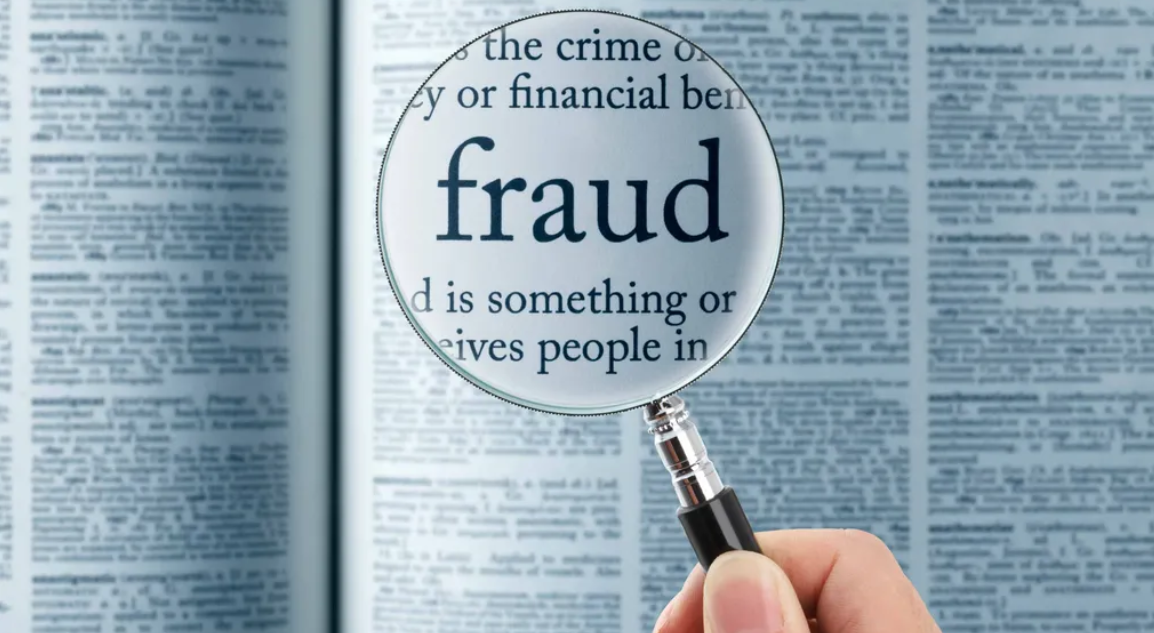Unintentional Insurance Fraud and How to Avoid It
3 min read
Introduction: Insurance is a complex landscape, and sometimes policyholders may inadvertently find themselves in situations that could be perceived as insurance fraud. This article explores common scenarios where individuals might unintentionally cross the line and offers guidance on how to stay on the right side of insurance ethics.
Inaccurate Information on Applications: The Unseen Culprit
Providing inaccurate information on insurance applications, whether intentional or not, can be considered fraud. Double-check all details to ensure accuracy and prevent unintentional misrepresentation.
Exaggerating Claims: The Fine Line of Desperation
In times of distress, there’s a temptation to exaggerate claims for a more favorable payout. However, inflating the extent of damages is a slippery slope that can lead to accusations of fraud.
Fronting Policies for Others: A Well-Meaning Misstep
Helping someone secure insurance by putting a policy in your name might seem harmless, but it’s known as fronting and is considered fraud. Encourage others to get their policies to avoid unintentional legal consequences.
Concealing Material Changes: The Silent Omission
Failing to inform your insurer about significant changes, like modifications to your property or lifestyle, may lead to unintended fraud accusations. Keep your insurer updated on any material changes promptly.
Undisclosed Second Residences: The Oversight Risk
If you own a second home, it’s crucial to disclose it to your insurer. Failure to do so could be interpreted as withholding information, potentially leading to fraud suspicions.
Using Personal Vehicles for Business: A Common Pitfall
Using a personal vehicle for business without the appropriate coverage may inadvertently cross into fraud territory. Ensure your policy aligns with your vehicle’s actual usage to avoid unintentional wrongdoing.
Neglecting to Update Life Insurance Beneficiaries: A Forgotten Responsibility
Failing to update life insurance beneficiaries after major life events can create confusion and unintentional disputes. Regularly review and update your policy to ensure it accurately reflects your wishes.
Engaging in Staged Accidents: The Unthinkable Temptation
While it may seem far-fetched, some individuals may be lured into staged accidents. Participating in or unknowingly becoming a victim of such schemes could have severe legal consequences.
Filing Duplicate Claims: The Oversight Dilemma
In situations involving multiple insurance policies, it’s essential to avoid unintentionally filing duplicate claims. This can lead to investigations and accusations of fraudulent activity.
Submitting False Documentation: A Risky Gambit
Providing false documents to support an insurance claim is a direct path to fraud. Maintain honesty and transparency throughout the claims process to avoid unintentional legal repercussions.
Conclusion: Insurance fraud, whether intentional or unintentional, can have severe consequences, including policy cancellations, legal action, and increased premiums. By staying informed, regularly reviewing policies, and communicating openly with insurers, individuals can navigate the gray areas of insurance without unknowingly committing fraud. It’s crucial to approach insurance matters with transparency and ethical consideration to ensure a secure and honest relationship with your insurance providers.












